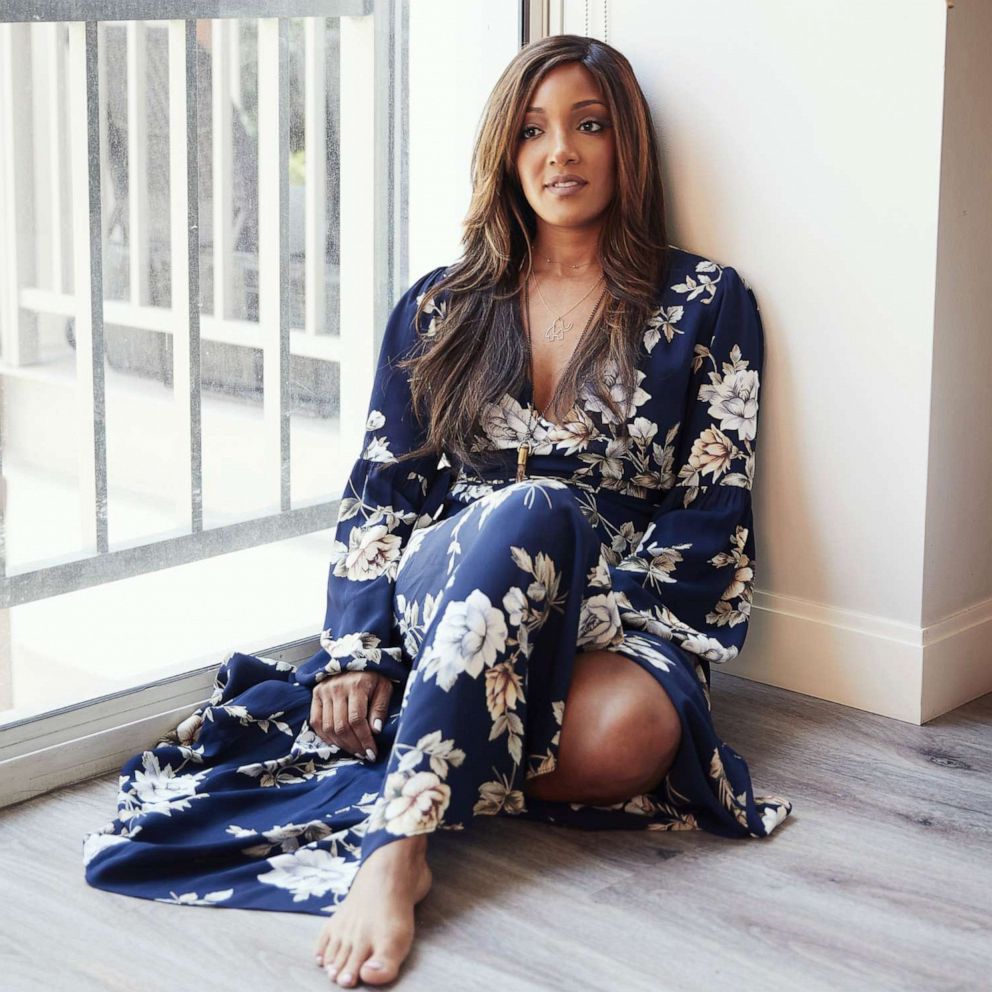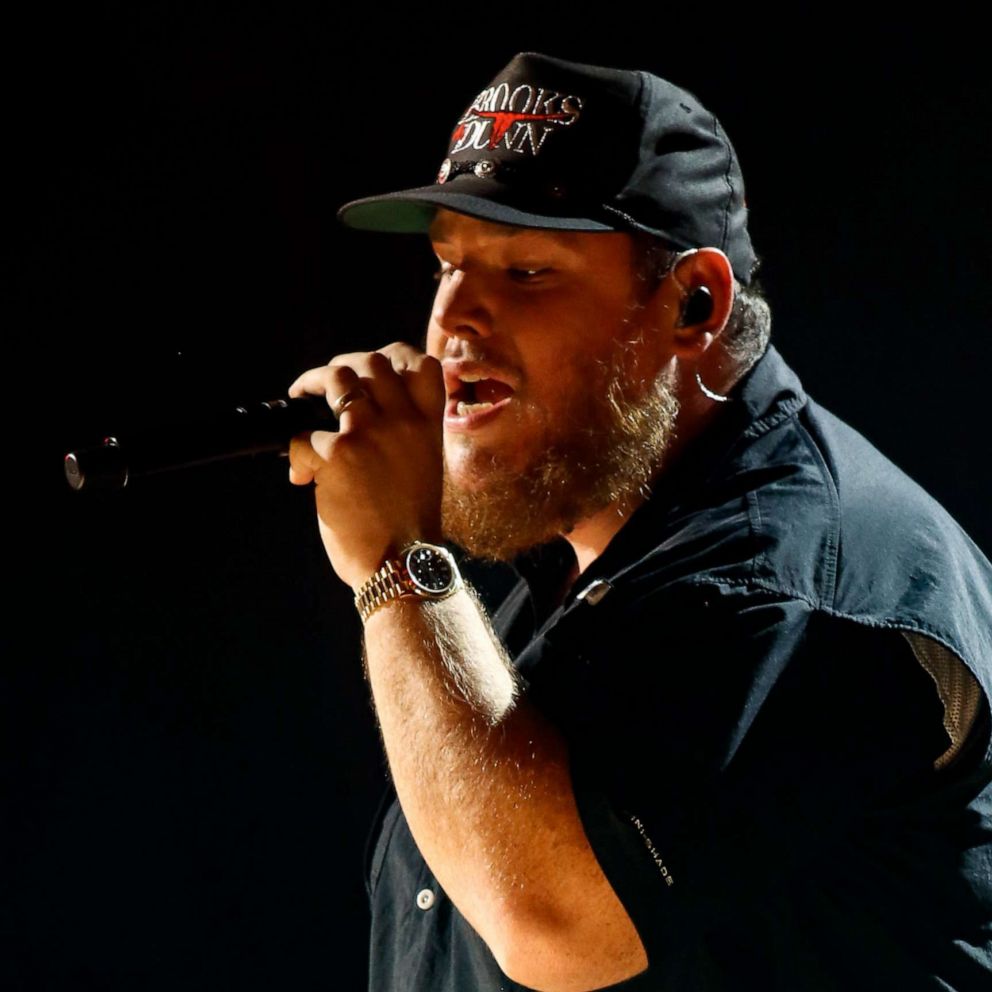Luke Combs apologizes for past use of Confederate flag: 'There is no excuse'
"I am now aware of how painful that image can be to someone else," he said.
Luke Combs addressed accountability in country music during a Wednesday afternoon panel for this year’s Country Radio Seminar.
During the conversation, which was hosted by NPR's Ann Powers, Combs reflected on how he has come a long way in his thinking over the years.
The singer spoke about his past use of Confederate flag imagery, both in photos and in a 2015 music video.
“There is no excuse for those images,” he admitted. “I think as a younger man, those were images that I associated to mean something else."
"And as I have grown in my time as an artist and as the world has changed drastically in the last five to seven years, I am now aware of how painful that image can be to someone else,” Combs continued. “I would never want to be associated with something that brings so much hurt to someone else.”
He said he is now hoping to be able to be at the forefront of a more inclusive era of country music.
“I’m a living, mouth-breathing example that people can change,” the singer said. “... You do hear the old adage of country music is a family -- and I believe that more than anything -- but I want it to be a family everyone can be a part of, because it’s changed my life.”
Combs and Maren Morris, who also appeared on the panel, also reflected on the fallout over a video showed Morgan Wallen shouting a racial slur.
Specifically, Morris spoke to the ways in which Wallen’s fans continued to support the singer despite the backlash, and how he used a video message on social media to implore them to stop.
“I appreciate Morgan saying ‘quit defending me’ to his fans. It’s indefensible. He knows that,” Morris pointed out. “All we can do so there isn’t an elephant in the room is say that out loud.”
Morris also spoke about the importance of supporting Black artists in the genre.
"There’s an influx of Black talent, and it’s only going to make our genre, our songs, what we consider catchy, better," she said. "We kind of have to start at home -- Black songwriters in the room making hit songs with us, feeling comfortable and welcome to do so, will change the sound of country radio for the better."







